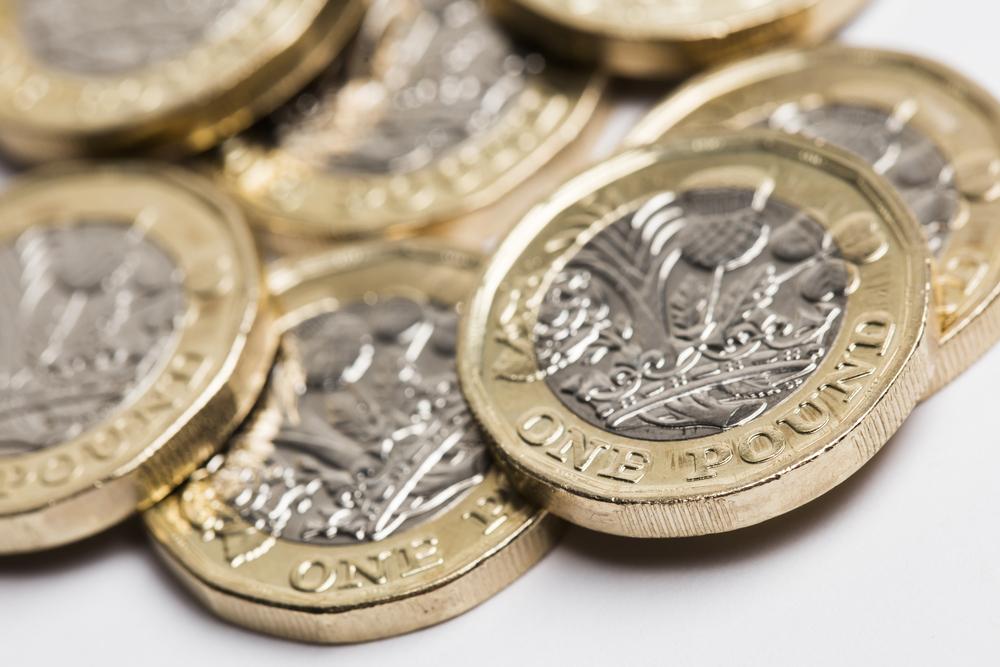New data revealed on Monday that more than half of people expect the British economy to be in recession within a year.
The data from YouGov reflects the economic fears caused by the outbreak of COVID-19.
Many countries have either been placed on total lockdown or closed all non-essential shops, restaurants and bars in order to contain the spread of the illness.
In order to assist those in the UK suffering economically, the British government has revealed plans to help businesses as the virus outbreak continues to evolve.
“Now almost three quarters expect that Britain’s economy will be in depression (19%) or recession (52%) within a year,” YouGov said in a report.
Meanwhile, only 1% believe that the economy will be booming within one year.
There is still much uncertainty over how long the national lockdowns and closures will last for.
“With unprecedented Government measures to crackdown on the spread of COVID-19 shutting small and large businesses across the country and confining Britons to their homes, it’s unsurprising that consumer confidence has been knocked,” Oliver Rowe, Director of Reputation Research at YouGov, commented on the data.
“But with little prospect of a solution in the next couple of months Britons are starting to believe that the economy will slide into recession or depression,” Oliver Rowe continued.
Kay Neufeld, Head of Macroeconomics at the Centre for Economics and Business Research, also commented: “The spread of coronavirus has dominated the headlines in recent weeks as Governments across the globe have taken drastic measures to protect their citizens. The data released in the coming days and weeks will show the significant economic costs associated with these measures.”
“Government mandated closures of non-essential shops, pubs, restaurants and other establishments will have a devastating effect on several industries and in particular on the leisure and hospitality sectors,” Kay Neufeld added.




